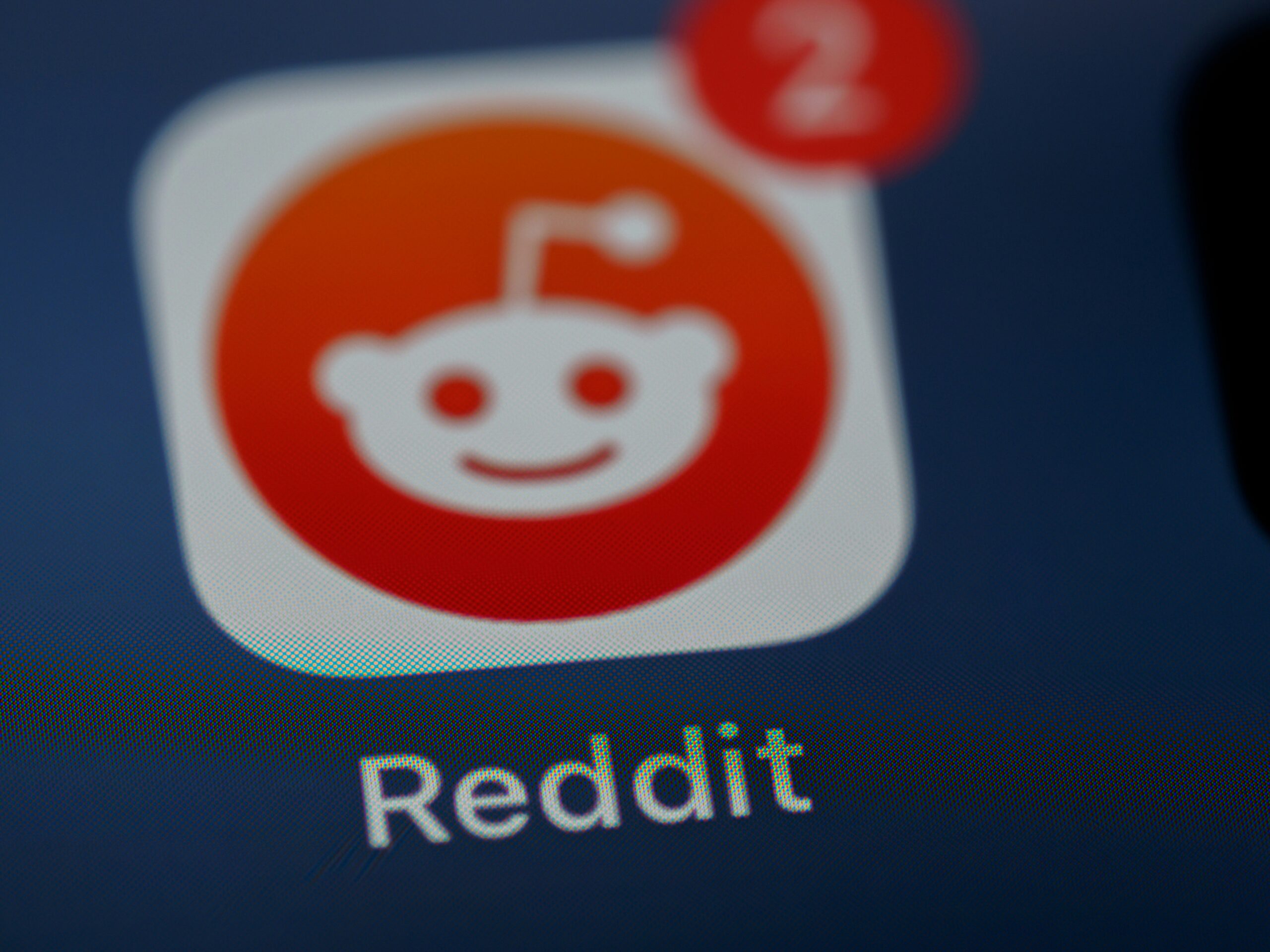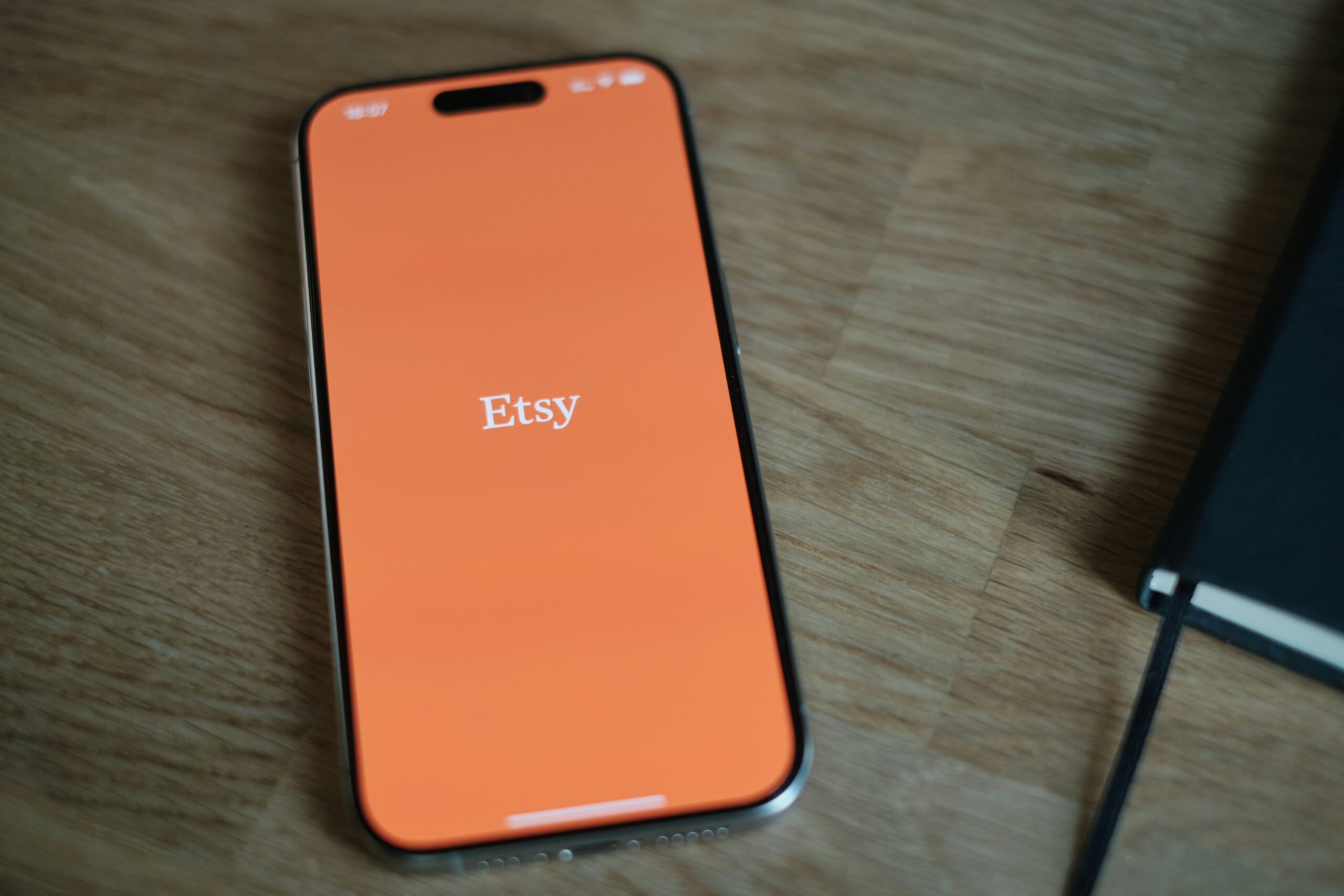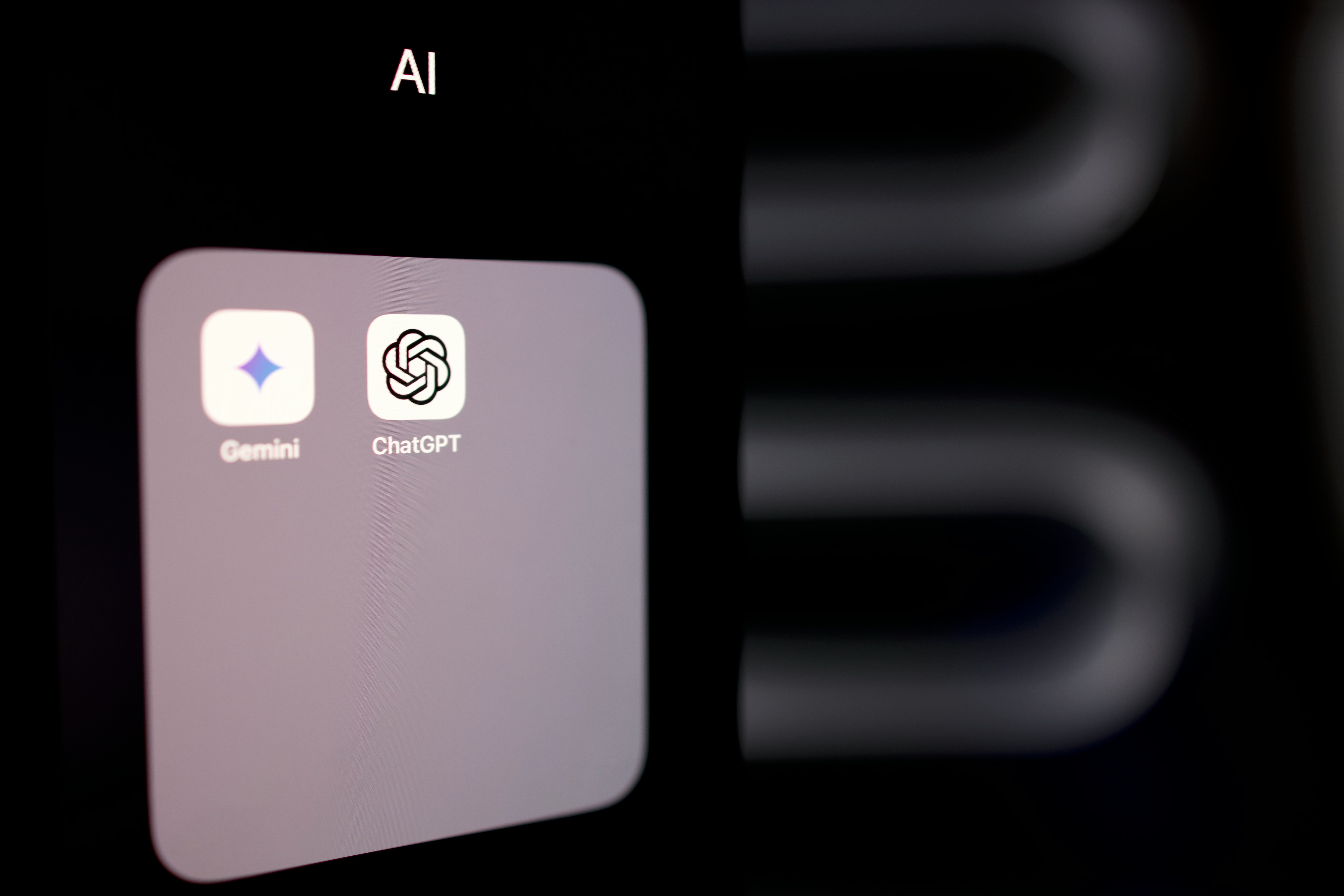Image credit: Unsplash
AI is transforming market research, enabling companies to make quicker, data-backed decisions. Insightful data is vital for effective market research, allowing companies to tailor their marketing and promotions to their target audience. Across industries, data-backed market research is becoming highly competitive, which is why AI is a helpful tool for staying ahead of the curve.
The Growing Need for Speed and Precision in Market Research
There is an increasing demand for fast, actionable insights. In order for businesses to stay competitive in their respective fields, companies must have access to reliable insights more quickly than ever before. However, datasets are increasingly large and complex as user data collection has become more common. The ability to process this data at higher speeds is critical for businesses to make informed decisions that drive consumers to their services and products.
Using AI speeds up the time-consuming data analysis, allowing companies to get actionable insights more quickly. AI can automate repetitive, time-consuming tasks, reducing the risk of human errors and allowing marketing staff to focus on more creative efforts.
Additionally, its data-oriented technology is more efficient at analyzing patterns and trends in large datasets. This can help companies stay ahead of their competition, which may lack the tools to understand the complexities of a consumer trend.
AI’s Role in Analyzing Qualitative Data
Qualitative data may include text, video, and audio, which is essential to analyzing and understanding consumer sentiment. The non-numerical information is not straightforward to interpret but is vital for understanding consumers’ beliefs or points of view that may drive purchase actions. This data is often unstructured, which makes it hard to analyze without the help of advanced tools.
Several companies are trying to solve the problem by helping researchers analyze complex qualitative data quickly and accurately. For example, Sago’s Query AI uses generative AI to accomplish tedious data analysis tasks. The VP of Qualitative Products at Sago says, “It’s really assistant-like [and leaves] the high-value stuff that the human brain is really good at.”
Things like storytelling, emotional connections, and relating to customer sentiments are the creative works that people should be able to focus on. Using AI for market research frees the marketing team’s ability to drive these connections, making more impactful and personalized marketing.
Real-World Applications and Benefits of AI in Market Research
There are several industries that can benefit from AI-assisted market research. The pharmaceutical field may benefit by being able to track adverse, unexpected events related to medical brands. The automotive and retail fields can also benefit by quickly adapting to market preferences for a product. Not only can companies respond to trends, but they can anticipate consumer desires, giving them an advantage over their competitors.
With social media and global influences affecting consumer habits, it’s crucial to be able to quickly analyze qualitative data that is rapidly changing. Consumer needs are constantly evolving, and effective marketing campaigns require a fast-adapting solution.
AI can more easily detect unexpected patterns in data than a human can. For example, AI intended to analyze technology use trends in family studies may find interesting technological habits of both adults and children. Many might assume that Gen-Z internet users are on their phones more frequently than their parents, but AI market research lacks this bias.
The Future of AI-Enhanced Market Research
AI will continue to evolve, optimizing its own processes and further driving business efficiency. Companies will receive even more precise market insights, allowing them to create effective, enticing campaigns and products.
Using AI-powered market research will support companies in refining their products and strategies, ultimately shaping the future of market research. Its faster, more intelligent, and more insightful process has the potential to change marketing across industries.
Companies should feel empowered to explore the potential use of AI in their own research endeavors, creating a more focused customer base.















































































































































































































